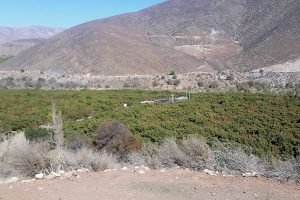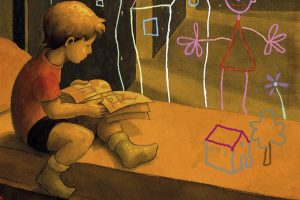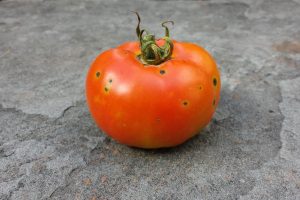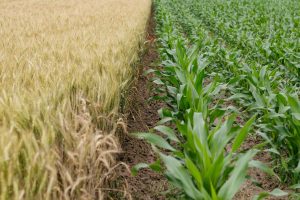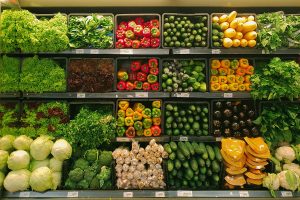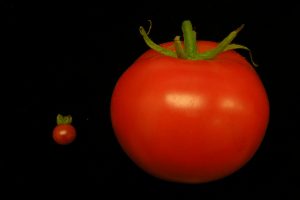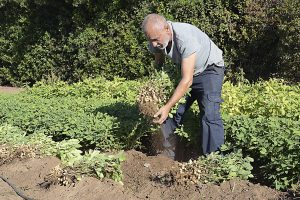Search
This text explores two of the most important economic activities in Latin American drylands: agriculture and mining; as well as the impact of climate change on the availability of water resources and the consequent power struggles.
Studying citrus tolerance responses to climate change may hold the key to developing new citrus varieties capable of withstanding future environmental conditions while still maintaining production.
The concept of educating city is based on the evidence that space is not neutral, but rather generates, disseminates, and reinforces images and values in an explicit and implicit way. This communicative character is more intense the more complex, diverse, and richer the reference space is.
Space exploration will require life support systems, in which plants can provide nutrients, oxygen, moisture, and psychological well-being and eliminate wastes.
The new biotechnological approaches to the design of resistant crops will allow us to cut agricultural losses and reduce chemical inputs.
Biotechnological tools such as gene editing or synthetic biology will contribute to increase agricultural production in a sustainable way.
Twenty-first-century agriculture faces major challenges that urgently need to be answered. In the last decade, new breeding technologies have been developed that can help meet these challenges.
The introduction of CRISPR/Cas gene-editing technology has provided a new approach to crop improvement and offers possibilities for obtaining varieties.
These are just a few examples of how an increase in the generation of energy and food, per se, might not address the needs of the population which is in fact still growing.
As in the good times of the old agrarian relations, the Regional Department of Agriculture of the Valencian government offers a deal to the land labourers interested in preserving diversity in the field: traditional horticultural seeds in exchange for information.

